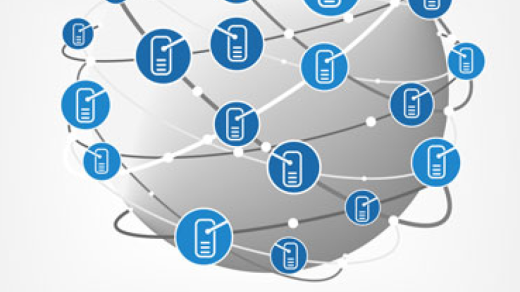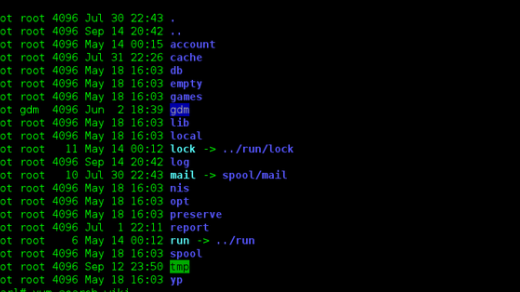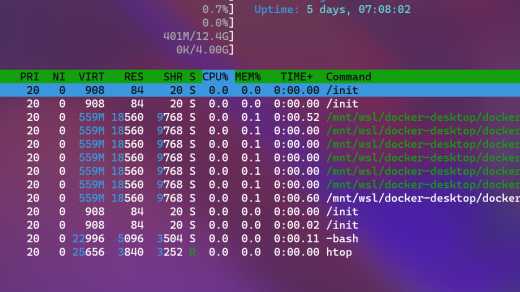Are you ready to jumpstart your journey into the world of software engineering? This article covers the essential skills and knowledge every beginner needs to know to succeed in this dynamic field.
Getting Started in Software Engineering
Having a basic understanding of mathematics is also important, as it plays a significant role in computational complexity theory and data structures. This knowledge will help you solve problems efficiently and effectively in your coding journey.
In addition, familiarizing yourself with operating systems like Unix and Linux is essential for software engineering. These systems are widely used in the industry and having experience with them will give you a competitive edge.
Learning version control tools like Git is also important for managing codebases and collaborating with other developers. Understanding how to track changes and work on projects with a team will be crucial in your software engineering career.
Lastly, don’t be afraid to dive into Python as your first programming language. It is known for its readability and simplicity, making it a great choice for beginners. Python is widely used in the industry for various applications, from web development with frameworks like Flask to data analysis and machine learning.
By focusing on these essentials and continuously expanding your knowledge and skills, you will be well on your way to becoming a successful software engineer. Embrace curiosity, practice regularly, and never stop learning in this fast-paced and ever-evolving field.
Learning Path for Beginners

Next, delve into the fundamentals of **operating systems** and **version control** to effectively manage your codebase and collaborate with others. Explore different programming languages like **Python** or **C++** to develop your skills and gain practical experience in software development.
As you progress, consider learning about **database** management and **web frameworks** like Flask to build dynamic applications. Additionally, familiarize yourself with **mobile app** development using technologies such as Android SDK and Docker.
Embrace a **pragmatic** approach to problem-solving and continuously seek new challenges to enhance your skills. Remember that **curiosity** and **efficiency** are key traits of a successful software engineer.
Stay updated with the latest industry trends and best practices by reading books, taking online courses, and attending workshops. Don’t be afraid to ask questions and seek guidance from experienced professionals in the field.
Practical Tips for Beginners
– Start by familiarizing yourself with the basics of **computer programming** and **software development**. Understanding key concepts such as **algorithms**, **data structures**, and **computational complexity** will provide a solid foundation for your journey into software engineering.
– Take the time to learn a programming language such as **Python** or **C++**. These languages are widely used in the industry and will help you grasp the core principles of coding. Practice by working on small projects to enhance your skills and build a strong **codebase**.
– Dive into the world of **operating systems** and **databases** to understand how software interacts with hardware and stores information. Experiment with different technologies like **Unix** and **Flask** to broaden your knowledge and gain hands-on experience.
– Embrace a **pragmatic** approach to problem-solving and **design**. Focus on writing clean and efficient code, and always strive to follow **best practices** in software development. Don’t be afraid to ask questions and seek guidance from more experienced developers.
– Stay curious and keep learning. Explore new technologies, tools, and languages to expand your skill set and stay relevant in a constantly evolving field.
Tools and Resources for Software Engineering
| Tool/Resource | Description | Website |
|---|---|---|
| Integrated Development Environment (IDE) | An IDE is a software application that provides comprehensive facilities to computer programmers for software development. | JetBrains IntelliJ IDEA |
| Version Control System (VCS) | A VCS tracks changes to source code over time and allows multiple developers to work on a project simultaneously. | Git |
| Online Learning Platforms | Online platforms offer courses, tutorials, and resources for learning software engineering concepts and tools. | Udemy |
| Stack Overflow | A question and answer website for programmers to ask and answer technical questions related to software development. | Stack Overflow |
| Code Repository Hosting | Services that host code repositories for collaboration and version control, such as GitHub or Bitbucket. | GitHub |
Importance and Applications of Software Engineering
Software engineering is crucial in the development, maintenance, and testing of software systems. It involves the application of procedural knowledge to design, analyze, and create software solutions that meet specific requirements.
This field is highly practical, focusing on the implementation of best practices to ensure the efficiency and reliability of software applications. By understanding computational complexity theory and algorithms, software engineers can optimize the performance of programs and systems.
Software engineering also plays a significant role in various industries, from mobile app development to database management. With the increasing demand for software solutions, there is a growing need for skilled software engineers who can design and build innovative applications.
By mastering programming languages like Python and C++, individuals can enhance their software engineering skills and develop complex software systems. Understanding data structures and design patterns is essential for creating efficient and scalable software solutions.
Moreover, software engineering is not limited to traditional desktop applications. With the rise of Android and web frameworks like Flask, software engineers have the opportunity to work on diverse projects and explore new technologies.
In essence, software engineering is a dynamic and rewarding field that offers endless possibilities for innovation and growth. By honing their programming skills and staying updated on the latest technologies, aspiring software engineers can make a significant impact in the tech industry.



